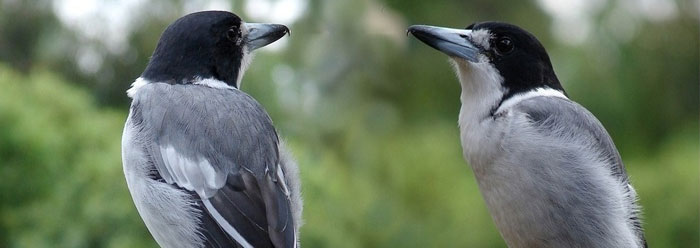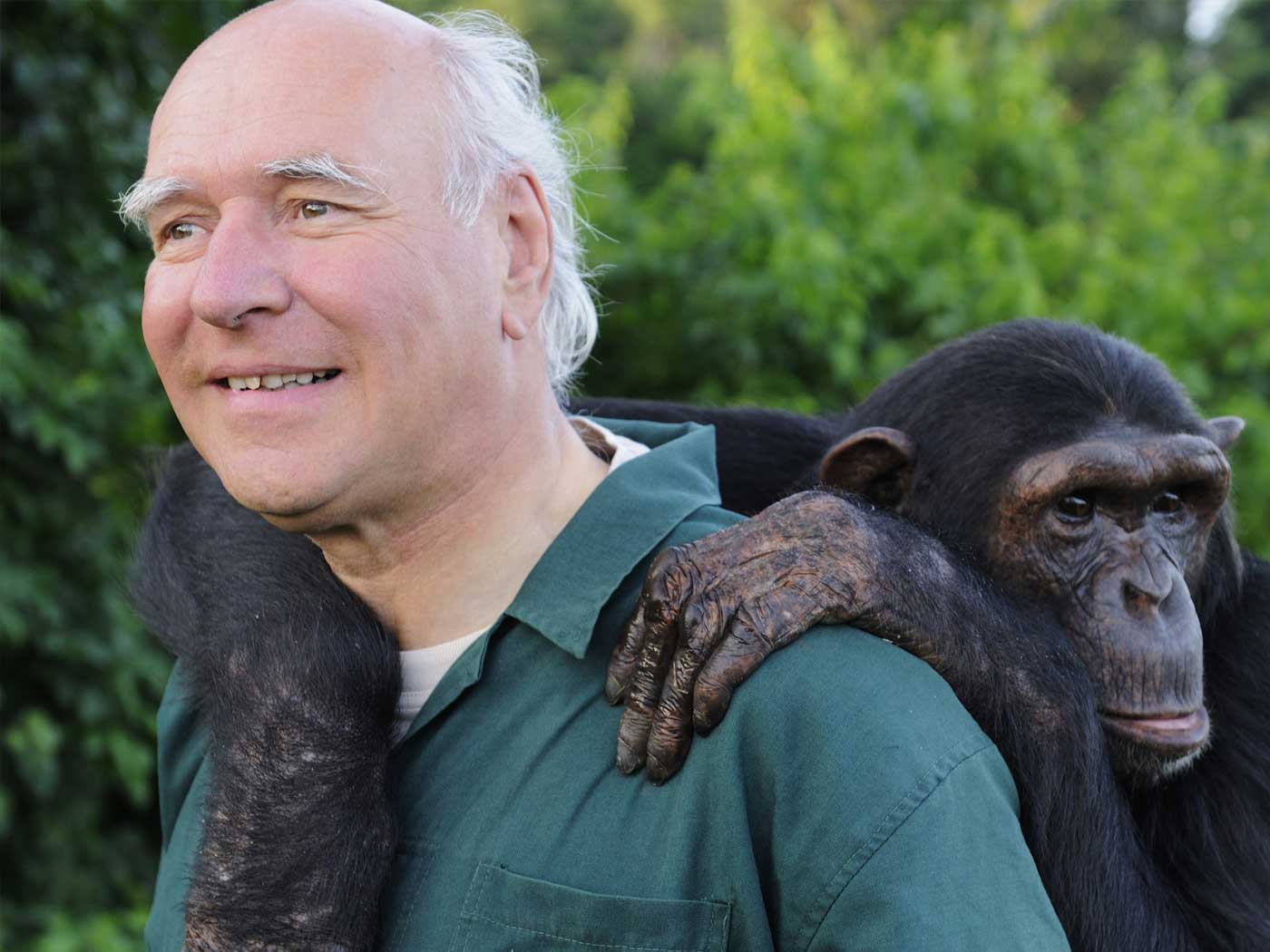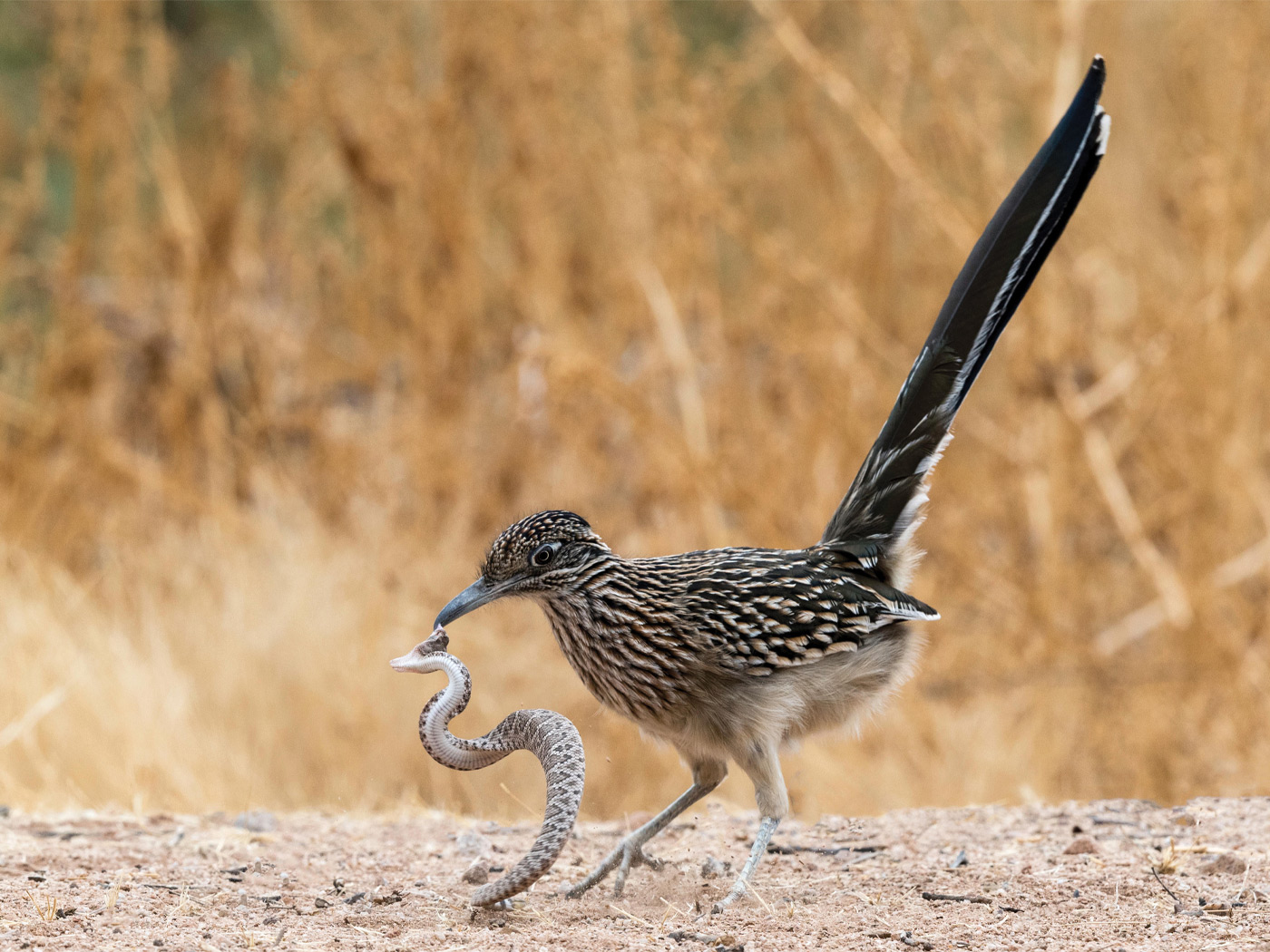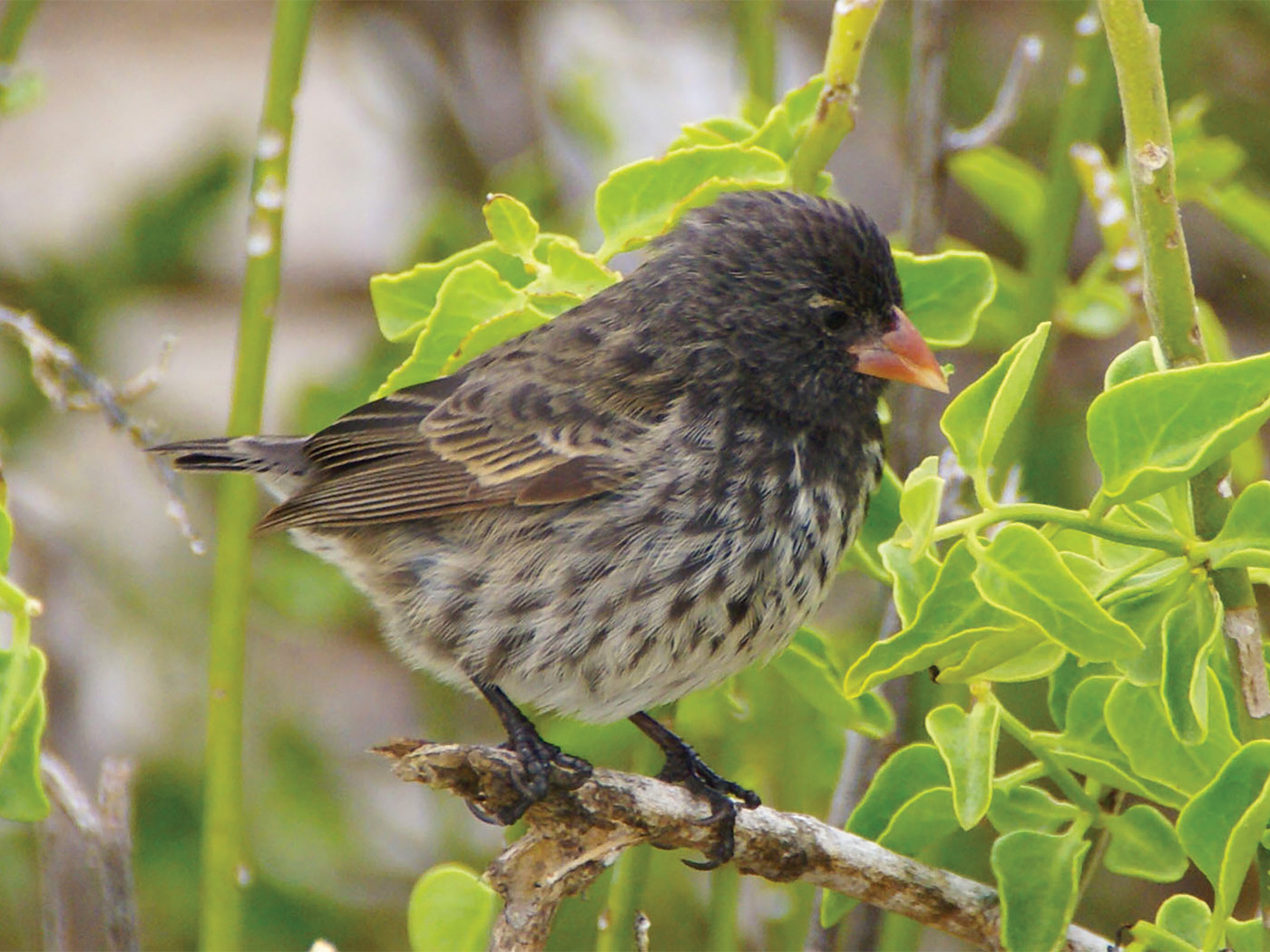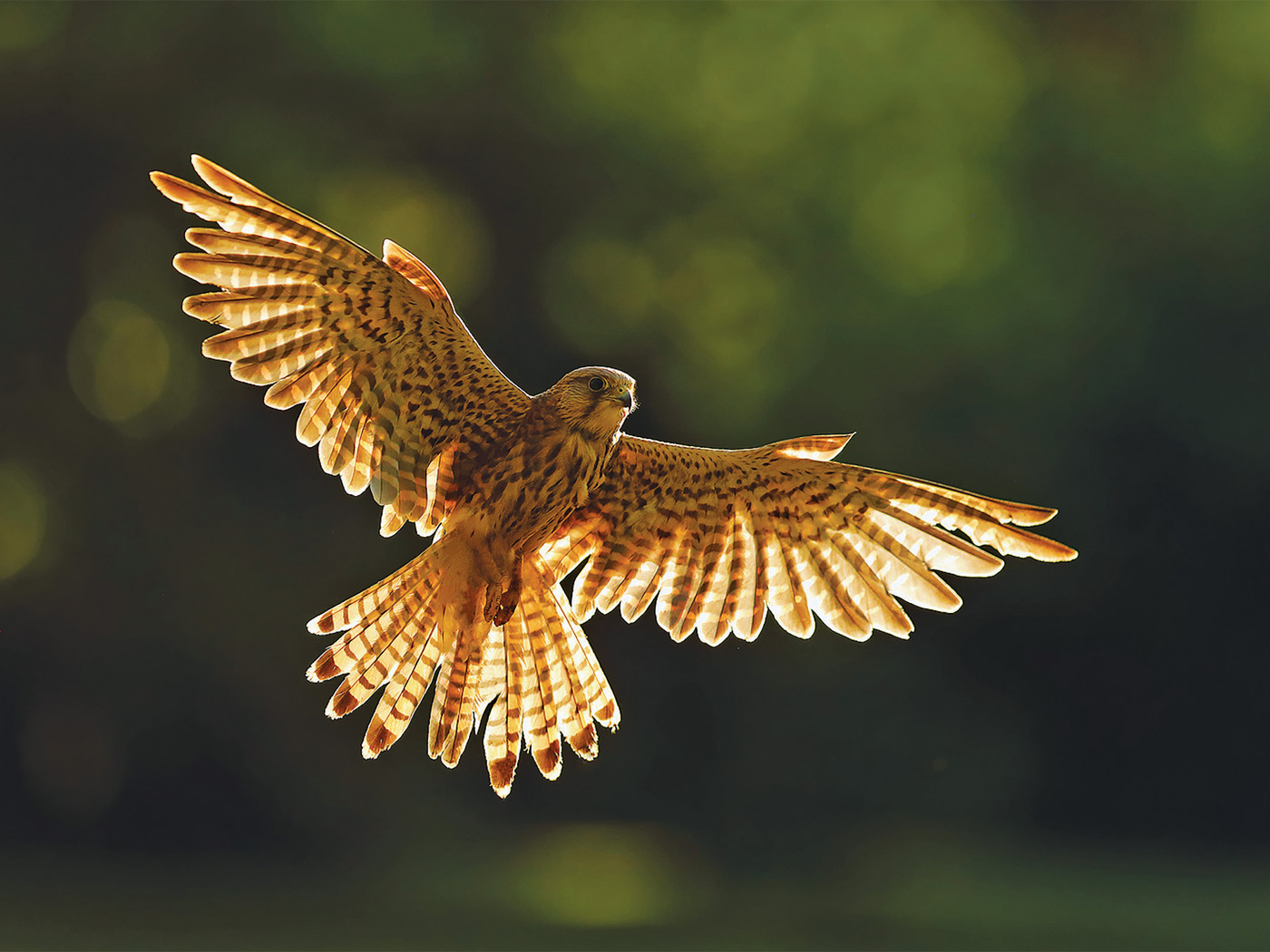A recent paper by an international team of researchers shows that the skill of some songbirds to extemporaneously innovate musical repertoire equals that of human musicians.1 Since none of the apes have this complex human-like capability, the discovery poses a big problem for the evolutionary model of human origins.
By itself, the mysterious and inherent musical ability of humans presents a major problem for evolutionary proponents. Rhythm and synchronous ability do not provide any apparent selectable advantage for survival. Plus, the intricate neural wiring required for such a complex trait must be engineered in just the right way for it to function. An additional evolutionary anomaly is brought to light by this research: the only other types of creatures with this unique ability are certain species of birds and, in one documented case, an elephant—creatures not directly related to humans on the evolutionary tree.2-4
Besides rhythm and synchronicity, another characteristic of human musical prowess is the ability to balance repetition and novelty—evidenced by the skill to innovate music on the fly like a jazz musician. Not only is such a unique ability not found in apes, but was also not well-documented in other animals until now. Once again, the amazing musical trait is found in birds.
In the past, claims that complex principles of musical innovation (routinely utilized by humans) are integral to songbird behavior were typically met with skepticism and denial by evolutionary biologists. However, the extensive and objective analysis of this new paper clearly demonstrates that the more complex a bird's musical repertoire is, the better it is at singing in time and rhythmically interacting with other birds.1 A YouTube video listed below provides a sample of a butcherbird's solo song—as well as the song of another butcherbird and an Australian magpie—demonstrating this principle.5
The ability of some birds to extemporaneously innovate tunes, yet still maintain the mathematical musical principles of tone and tempo, is an incredibly complex and human-like behavior. Constance Scharff who oversees the animal behavior laboratory at the Freie Universität Berlin and is a co-author on the recent paper states, "Pied butcherbirds, not unlike jazz musicians, play around with their tunes, balancing repetition and variation."6
Why is creativity in music important? In musical composition, repetition and variation must be carefully balanced to avoid extremes that lead to boredom or cognitive repulsion in the listener. In this respect, the proper development of repetition and variation of rhythms along with pitch intervals affect the resulting emotions of expectation, anticipation, tension, release, or surprise.
If evolution were true, one would expect that such behavioral complexity found in humans, developed gradually over millions of years, would be found at a reduced level in humanity's supposed closest ancestors—the great apes. Or if not found in apes, then surely such a complex trait along with its intricate neural wiring would not be present in any other organisms lower on the so-called evolutionary tree of life, especially those with such small brains as birds. But as is typical in the amazing diversity of life on Earth, we see unimaginable engineered complexity at every level that utterly defies evolutionary predictions and points directly to God's omnipotent creative powers.
References
- Janney, E., et al. 2016. Temporal regularity increases with repertoire complexity in the Australian pied butcherbird's song. Royal Society Open Science. 3 (9): 160357.
- Tomkins, J. 2009. Some Birds Were Created to Boogie. Creation Science Update. Article posted on ICR.org May 13, 2009, accessed October 7, 2016.
- Patel, A., et al. 2009. Experimental Evidence for Synchronization to a Musical Beat in a Nonhuman Animal. Current Biology. 19 (10): 827–830.
- Schachner, A., et al. 2009. Spontaneous Motor Entrainment to Music in Multiple Vocal Mimicking Species. Current Biology. 19 (10): 831–836.
- New Jersey's Science & Technology University. Sometimes birds really behave like musicians. YouTube NJIT.
- Maskevich, D. 2016. Research Finds That Birds Behave Like Human Musicians. New Jersey Institute of Technology. Posted on nijt.edu accessed October 7, 2016.
Image credit: Copyright © 2009 Snowmanradio. Adapted for use in accordance with federal copyright (fair use doctrine) law. Usage by ICR does not imply endorsement of copyright holder.
*Dr. Tomkins is Director of Life Sciences at the Institute for Creation Research and earned his Ph.D. in genetics from Clemson University.
Article posted on October 20, 2016.




